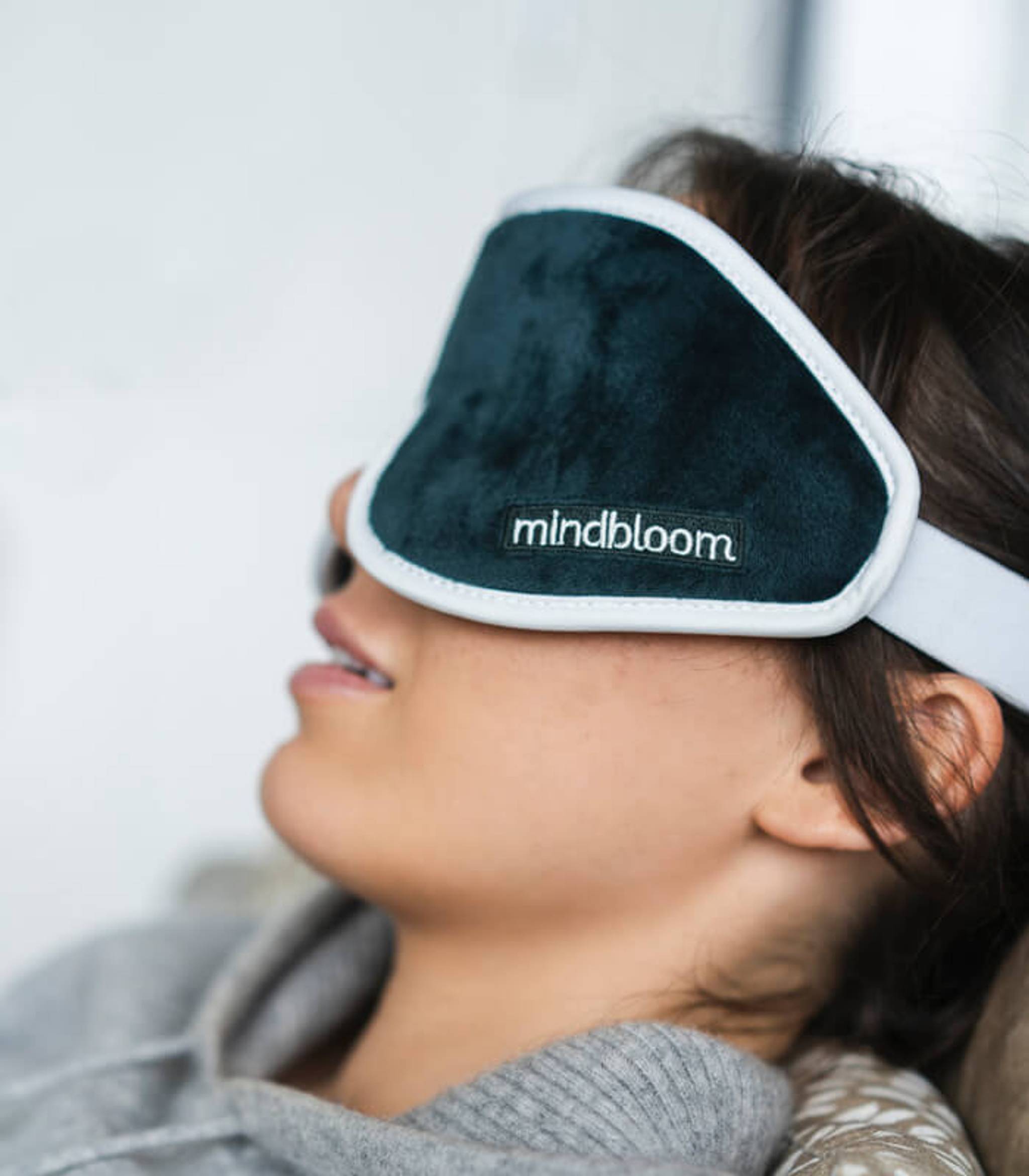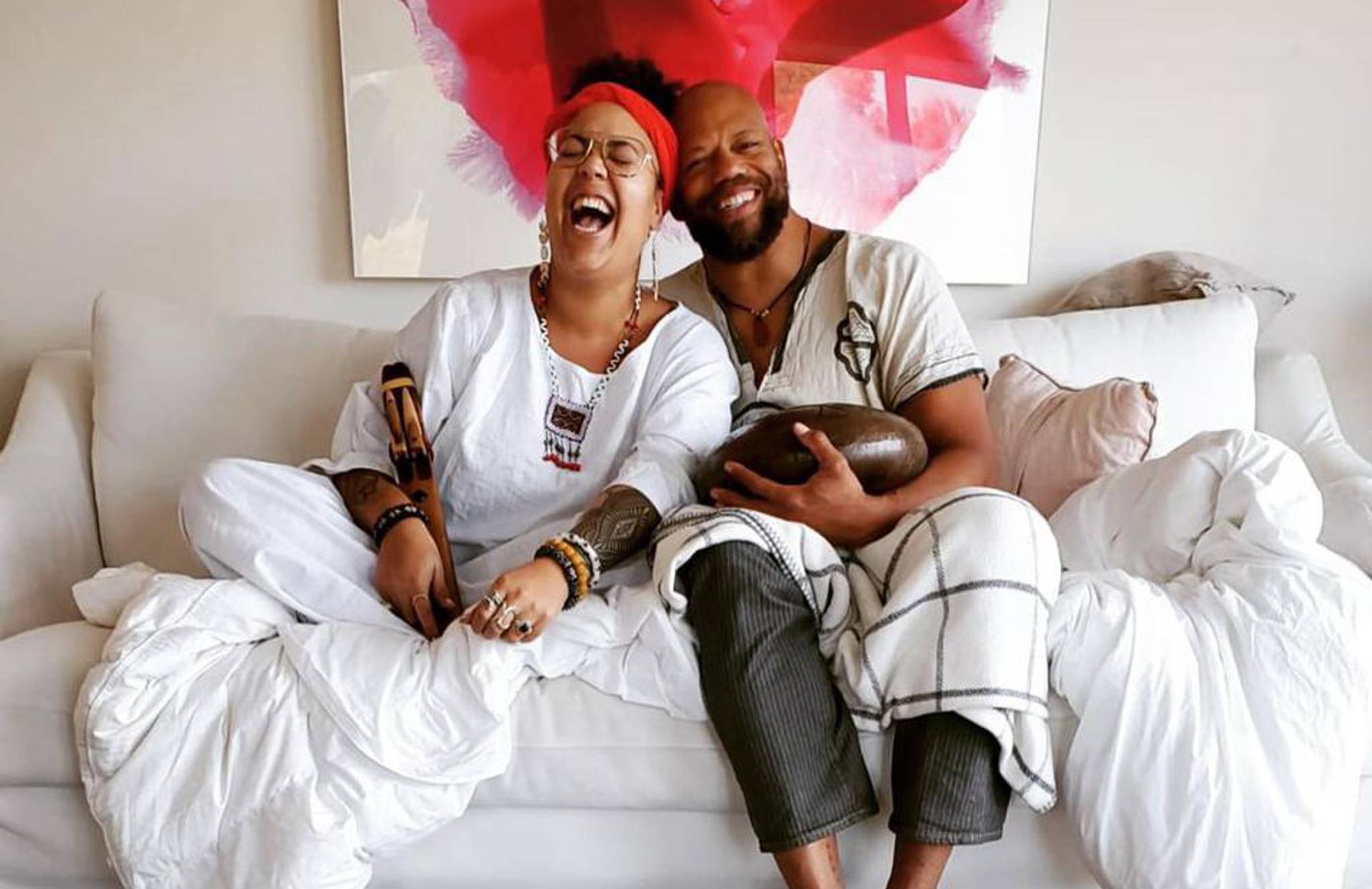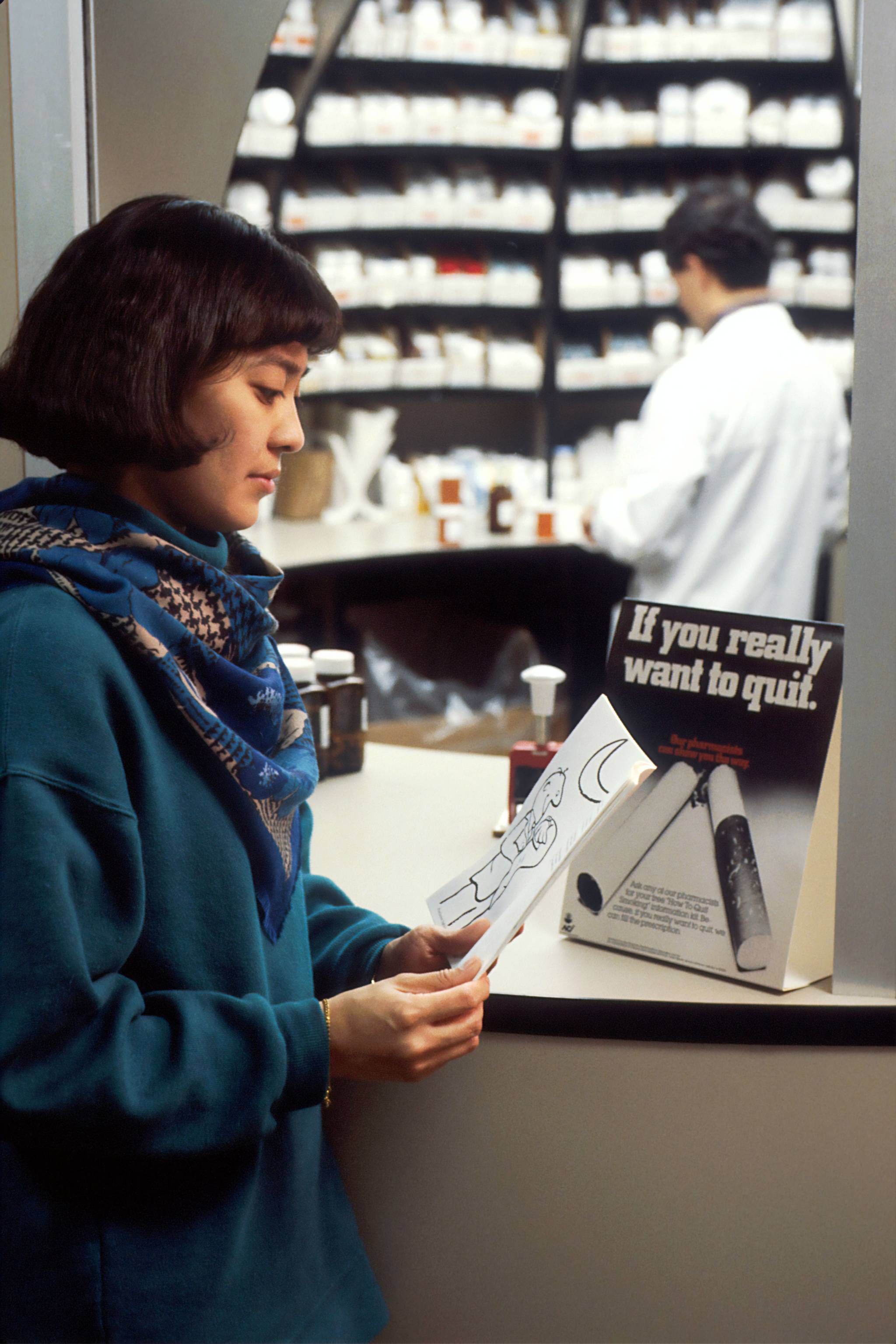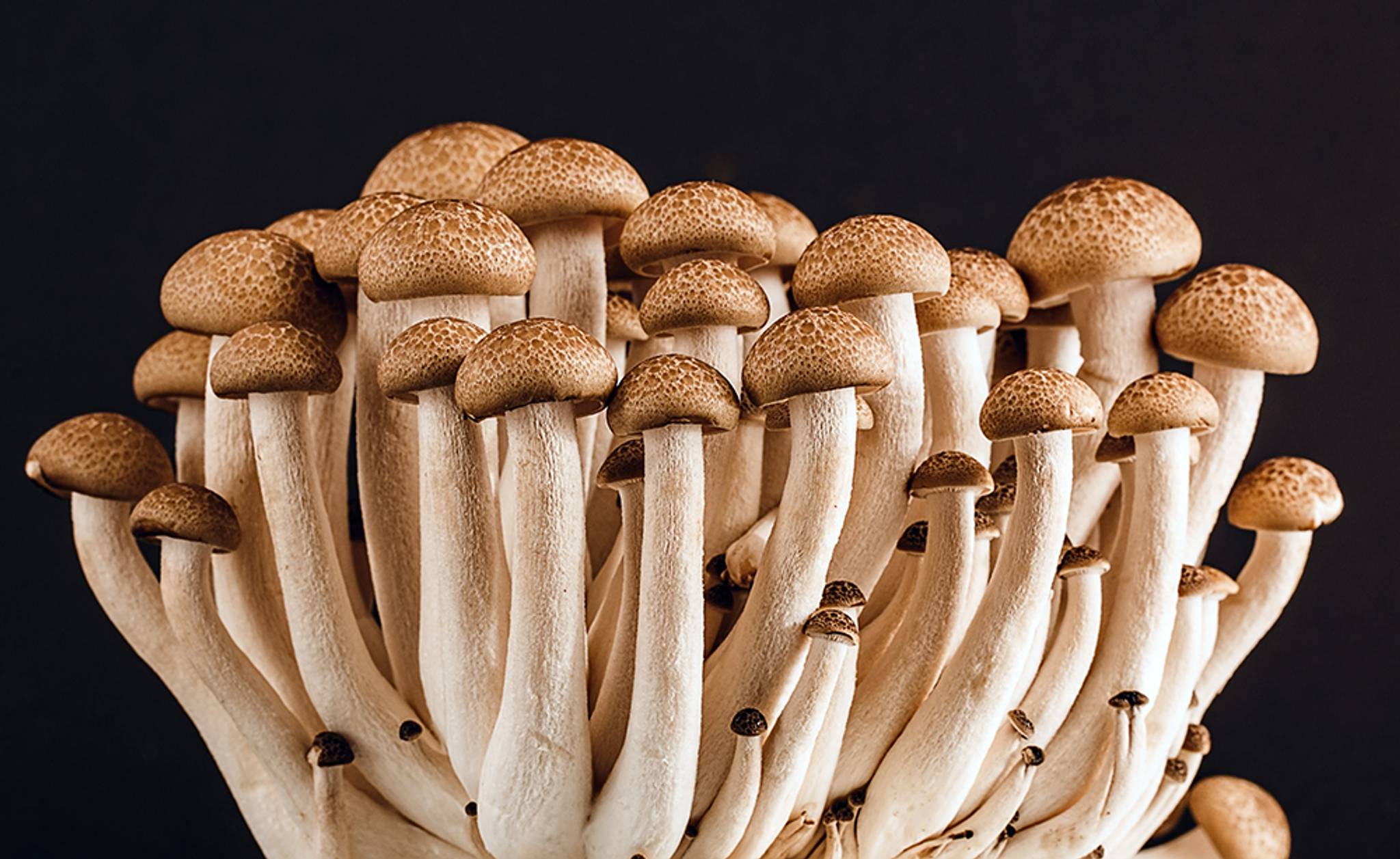
From its Cosmic Engagement Officer locking himself in a cage in front of the White House to protest for the legalisation of hemp harvesting, to its 3000 word label promoting “Spaceship Earth and all its inhabitants”, Dr Bronner's Soap Company have become a unicorn brand in the world of psychedelics. Following its $23 million donation to research and drug advocacy groups, it now offers employees ketamine-assisted therapy as part of its commitment to boost wellness in the workplace.
CEO of wellness
Hippiedom, being free-spirited and having faith in mankind are all part of the wider values of Dr. Bronner’s Soap Company. By boarding the psychedelic train to wellness early and tapping into conscious consumer beliefs, they are putting their money where there mouth is and linking self optimisation and self-care with the growing use of psychedelics - one of the brands’ most significant investments is in a drug policy campaign that led to Oregon being the first US state to legalise psilocybin therapy. The growing popularity of psychedelics comes at a time when mental health issues are the highest they have been in years - in 2020 one in five people in the US lived with a mental health condition, up by 1.5 million from 2019. “Psychedelic-assisted therapy is life-saving medicine that the world needs now, especially highly traumatised populations like veterans, first responders, and marginalised communities,” says Bronner. Psychedelics have become a respite for people who are looking for non-traditional health solutions, with 52% of people worldwide having taken LSD to boost their wellbeing - can mainstream psychedelics lead the way in normalising alternative therapies?
Soap and soul
With the international psychedelic market expected to reach $7.8 million by 2028 and 90% of people who’ve taken psychedelics keen to take them again under legal circumstances, Dr Bronner's activism on using psychedelics to treat conditions such as PTSD, anxiety, depression, and OCD speaks volumes. And with the brand’s profits having reached $170 million in revenues in 2021, its ability to integrate its moral beliefs into its branding has only exhilarated its expansion. Are cultural attitudes towards drugs changing, and is society's grip on alternative medicines loosening? While it could be debated that the Bronner ‘all love’ attitude is all talk and no substance, it's their behind-the-scenes actions that reflect a commitment to activism, employee value and relatability. As more than half of Bronner employees are women and 60% are from minority groups, both owners of Dr Bronner’s have capped their salaries at five times that of their lowest paid workers in a bid to level the playing field. To add to this, employees receive up to $7,500 in child care assistance, annual bonuses, free vegan meals, back massages and solar powered electric vehicle charging stations. Considering 85% of Americans say transparency is more important than ever, is Dr Bronner’s paving the way forward for the psychedelic movement and greater worker consciousness through kindness and transparency?



